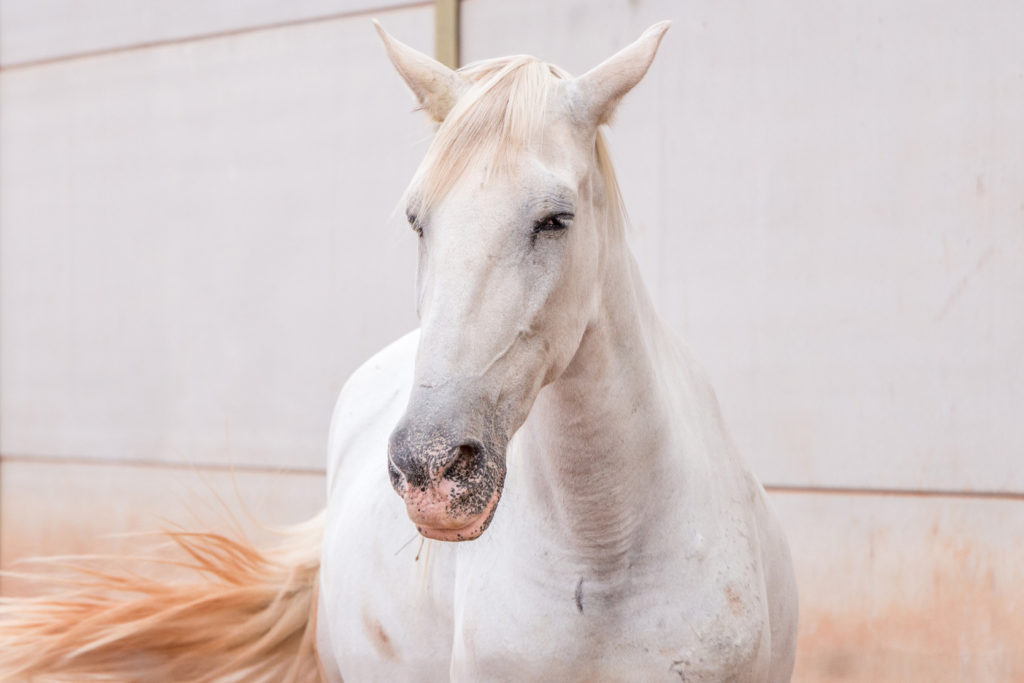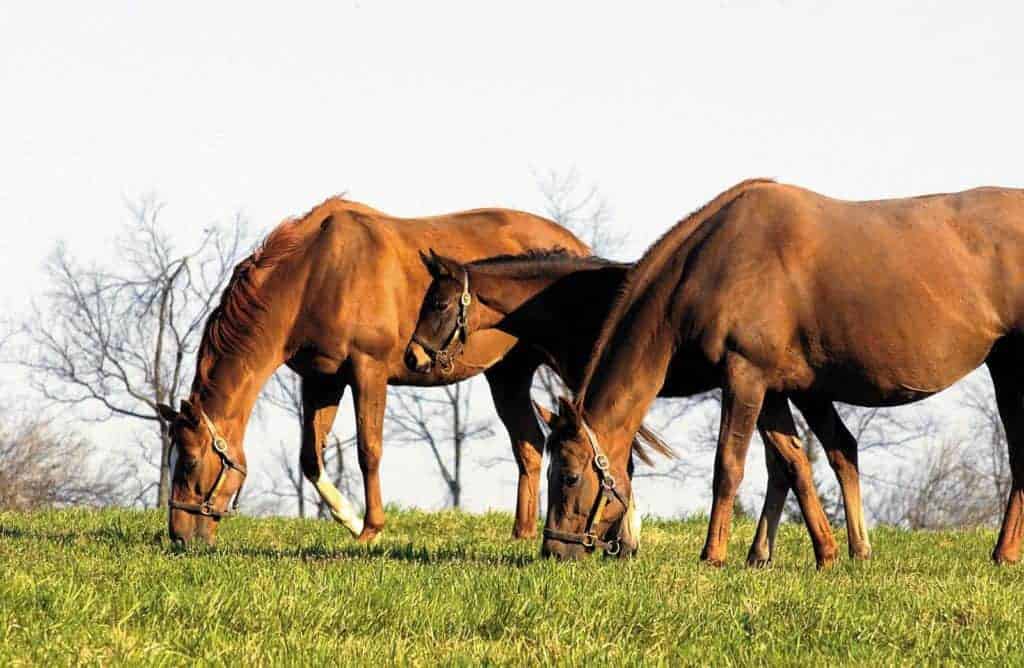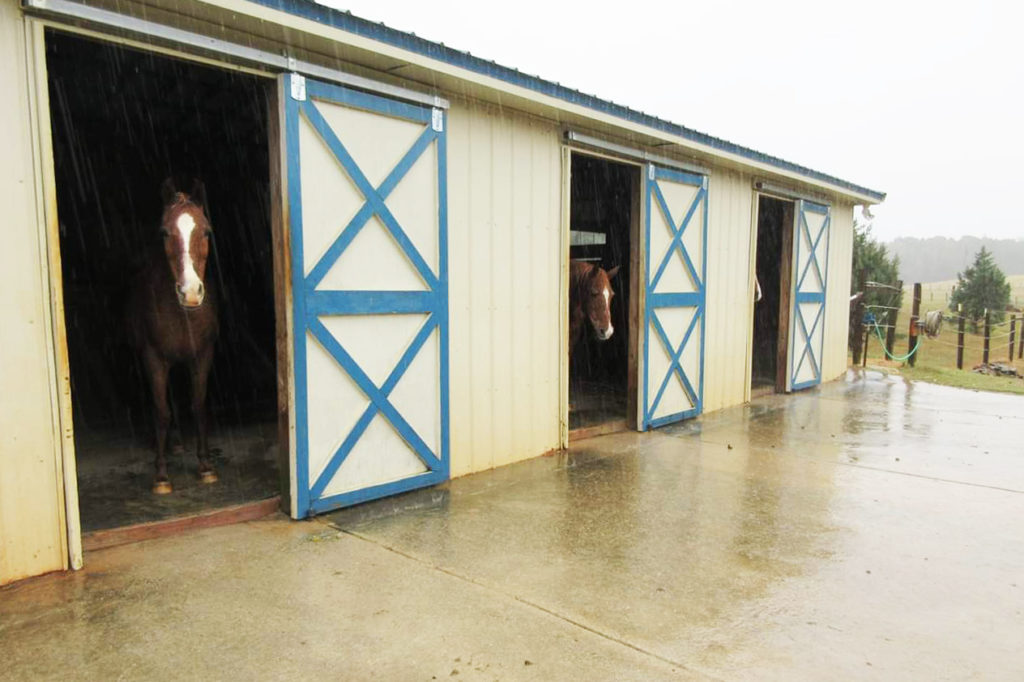
How Pastern Bone Chip Removal Impacts Performance
Arthroscopic pastern bone chip removal in horses had no significant impact on Thoroughbreds’ racing performance, researchers found.
Coverage from the 2018 AAEP Convention in San Francisco, California

Arthroscopic pastern bone chip removal in horses had no significant impact on Thoroughbreds’ racing performance, researchers found.

Equine coronavirus’ main signs are subtle and nonspecific—anorexia, lethargy, and fever. And while it doesn’t consistently cause gastrointestinal signs such as colic or diarrhea, researchers have learned that affected horses’ feces are the most reliable sample to test.

In a sport where races are won and lost by fractions of a second, subtle problems can have a significant impact on performance. Here’s what veterinarians look for when racehorses aren’t performing at their best.

Abnormalities in small structures in the horse’s throat—the arytenoid cartilages and larynx—can have little to no impact on some horses’ racing prospects but can end others’ careers. Until recently, the effects of aberrations in the middle were anyone’s best guess.

Address the entire horse, not just the injury, when bringing a patient back to work, veterinarians say.

A practitioner reviews the comprehensive approaches he takes to home in on performance issues in Western horses, including physical exams and advanced imaging techniques

Uterine tube obstruction, though rare, can cause subfertility in mares. While veterinarians have several methods for treating this issue, it’s been unclear how they affect a mare’s future fertility. So researchers recently conducted a study to find out.

When a horse spikes a fever without the nasal discharge and other respiratory signs you’d expect to see with an infectious disease, the potential causes could be vast. In some parts of the country, a tick-borne disease could be a culprit.

Some horses with neuromuscular disease could have a protozoan parasite Sarcocystis fayeri in their skeletal muscles, researchers learned.

Researchers say this might be a bigger source of environmental contamination than previously thought.

Laminitis can be challenging to treat, but using acupuncture in conjunction with traditional therapies might improve results, one study found. Here’s how.

Belgian horses with two copies of the DDB2 genetic variant are four times more likely to develop ocular squamous cell carcinoma (SCC) than those with one or no copies, researchers found.

Managing horses with PPID is an ongoing commitment and requires careful veterinary observation. By monitoring both clinical signs and endocrine values, many affected horses can return to athletic function and/or maintain a good quality of life.

Identifying risks and reducing and mitigating a disaster’s effects start with a well-written, all-hazards plan for sheltering in place and/or evacuating. Here are some keys to remember.

Researchers confirmed that a technique called acoustic myography could be useful for evaluating suspensory ligament function, which could mean more straightforward diagnoses, treatment recommendations, and monitoring of these injuries as they heal.

Intra-articular (administered into the joint) polyacrylamide hydrogel helped decreased lameness in horses with naturally occurring arthritis, researchers found.
Stay on top of the most recent Horse Health news with
"*" indicates required fields